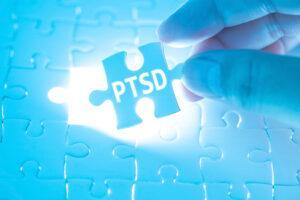Overview
Police officers work in an environment that is often stressful and physically demanding which means our body’s natural response is to produce hormones such as adrenaline and cortisol. When this natural response becomes unregulated due to long term exposure to stress it can and sometimes does lead to anxiety.
Likewise, family members of police officers may also feel stressed when living with a loved one who is working long hours, rotating shifts and who may be experiencing trauma in the workplace. The added pressures of a partner being away from home in possibly dangerous working environments can impact on family via regularly feeling worried and covering extra home commitments which add further stress on partners and sometimes children.
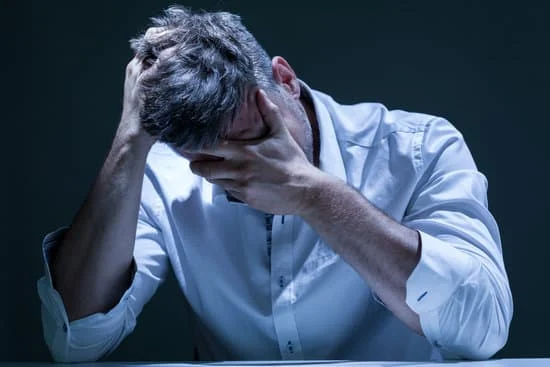
Feelings of stress will accordingly come and go and may dissipate when the body moves into the rest and restore mode where the parasympathetic nervous system kicks in. Simply stopping, taking a few long slow breaths, meditating or talking about the stressful situation or thoughts to a trusted colleague, friend or family member may resolve the physical feelings of anxiety however the impact of everyday work life combined with family issues and life pressures may result in the need to seek professional help.
There are several avenues to seeking support, attending your GP at the first instance and discussing the issues around work life balance will assist your doctor to assess what type of support may be required. A referral via a mental health plan is an option to commence a series of counselling sessions preferably with a suitably trauma informed clinician who understands police culture.
Otherwise, contacting your state jurisdiction Employee Assistance Program can also assist with counselling or making an appointment to speak with your state chaplaincy service can be helpful.
To identify when anxiety may be an issue and it might be appropriate to seek further assistance the following list of symptoms and signs can be helpful to look out for:
- Difficulty concentrating
- Unnecessary worries or concerns that continue to pop into your mind
- Difficulty falling to sleep or staying asleep
- A general feeling of being unable to relax
- Keeping yourself busy all the time
- Avoiding places or people
- Feeling irritable, annoyed or restless
- Avoiding family and friends
- Feeling shaky or experiencing sweaty palms
- Frequent headaches, migraines or muscle aches
- Feeling your heart racing
- Shortness of breath
- Panic attacks
- Feelings of impending doom
Step-By-Step
When should I consider seeing my GP?

Anxiety starts to impact your daily work and home life
Feelings of panic become noticeable to the point where you can't relax or you feel you need to run away
You notice your heart pounding, shortness of breath and a general feeling of impending doom
What is the next steps when seeing my GP?

Making an appointment with your GP and explaining your symptoms will assist your Doctor to understand your feelings and what may be the underlying cause
Your GP will generally ask you to fill out a number of questionnaires to assist with assessing your condition
You may then be referred to an appropriate health clinician for further diagnosis, medication or counselling
In the meantime, it may help to reduce Caffeine, Alcohol and Non Prescription Medication
Content for anxiety or depression
 15 Nov 2022
15 Nov 2022
Meditation links
Meditation is a practice of quietening the mind, letting go of thoughts and feelings and a way of observing ourselves without judgement or fear. It allows our busy minds a space to relax and replenish while opening avenues to tap into our intuition, creativity and spirituality.
 15 Nov 2022
15 Nov 2022
Mental health and wellbeing strategy for first responders
This strategy sets out the commitment of NSW first responder agencies to promote and protect the mental health and wellbeing of their staff and members. It represents a consensus among the agencies about what is required to meet this obligation.
 27 Sep 2023
27 Sep 2023
Mentality Plus
Mentality plus is run by Craig Semple who is a former police officer with lived experience of PTSD and associated mental health conditions. He is fully accredited and culturally sensitive to police and provides mental health first aid training and programs to create mentally healthy and resilient workplaces, mental health motivational presentations, workplace health and wellbeing programs and mental health and resilience for students.
 07 Feb 2025
07 Feb 2025
Mind Over Matter Practice
At Mind Over Matter Practice, we use science-backed therapies to support mental resilience, mood regulation, and brain function by influencing key neurotransmitters and stress pathways.
 12 Apr 2023
12 Apr 2023
My Pulse
MyPulse is a collection of free and confidential health and wellbeing resources and services offered exclusively to AT and DPFEM employees and volunteers.
 17 Nov 2021
17 Nov 2021
National Centre for Childhood Grief
The National Centre for Childhood Grief provides unlimited free counselling for children aged 3 to 18 years and pay for service counselling for adults living with grief and bereavement. Services are available at ‘A Friends Place’, located in Denistone East, Sydney NSW.
 14 Nov 2022
14 Nov 2022
National State Police Insurance and Workers Compensation Providers
Serving police in each state pay into individual state insurance, workers compensation, superannuation and income protection schemes. Assistance during times of injury, Illness, death, or career transition are available by contacting your appropriate state provider.
 03 Apr 2022
03 Apr 2022
NSW Government Medicare mental health treatment plans
The first step to take when feeling overwhelmed or experiencing those niggling feelings of something isn’t quite right is to visit your GP. A general chat about your overall physical and mental health may indicate further investigation is warranted. This may include a series of tests to rule out physical issues and/or completing a mental health assessment. If your GP feels it would be helpful, you will be given a mental health plan and a referral to see a psychologist or psychiatrist.
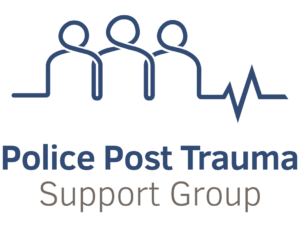 03 Apr 2022
03 Apr 2022
Police Post Trauma Support Group Inc (NSW)
Peer to Peer trauma support and referrals for NSW serving and former police and their families, monthly face to face meetings, crises intervention, chaplaincy, and spouse support services via an independent non for profit charity. Financial support is also available for necessitous circumstances and to attend mental health programs for those police and families without insurance cover.
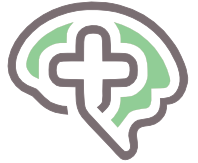 22 Jan 2026
22 Jan 2026
Pre-Emptive Healthcare
Pre-Emptive Healthcare comprises a multidisciplinary team of Clinical Psychologists, Psychiatrists, Dietitian's, and Allied Health Professionals offering tailored confidential mental health services. Our team provides evidence-based, trauma-informed mental health support for individuals, couples, and families. Conveniently based in Melbourne’s inner-east, we deliver appointments both face-to-face and/or via secure telehealth platforms.
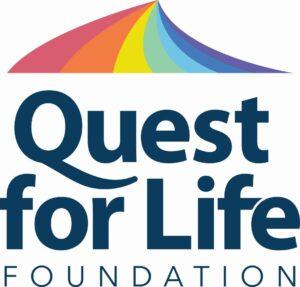 22 Sep 2021
22 Sep 2021
Quest for Life Foundation
Located at Bundanoon in the Southern Highlands of NSW, the Quest for Life Centre conducts monthly 5 day residential moving beyond trauma programs as an alternative for police living with trauma to hospital inpatient care. Programs provide educational person-centered education via a holistic approach based on the neuroscience of the brain and the latest evidenced based holistic health and healing modalities. An immersive 4 week Healing Trauma program is due to commence in late 2022. Programs such as the Healing your Life, living with cancer, loss after the suicide of a loved one, living with a brain injury or aging related illness are suitable for family members. Outreach programs are also conducted throughout NSW.
 11 Aug 2020
11 Aug 2020
R U OK?
RUOK provides the resources and people to assist our community to connect with one another by learning how to support people around us who may be struggling with mental health issues and thoughts of suicide. Resources are available both in the physical and digital format along with program ambassadors who are often the voice of lived experience, events, and ongoing research.
SANE - Talking about suicide
A selection of factsheets, articles, personal stories and video's to help you talk to and support someone thinking about suicide from Sane Australia.
Sane Australia
Sane Australia provides a national freecall and online counselling service for people concerned about complex mental health issues as well as peer to peer support services, information, resources, and blogs.
 20 Mar 2022
20 Mar 2022
SleepHub - Sleep Resources
The SleepHub provides information, tools and tips from the Sleep Specialists.

 Exit
Exit

